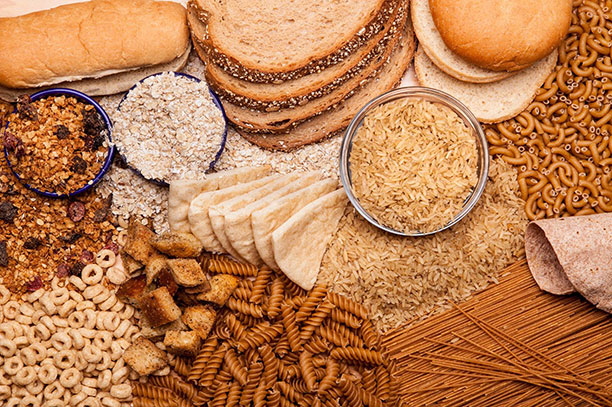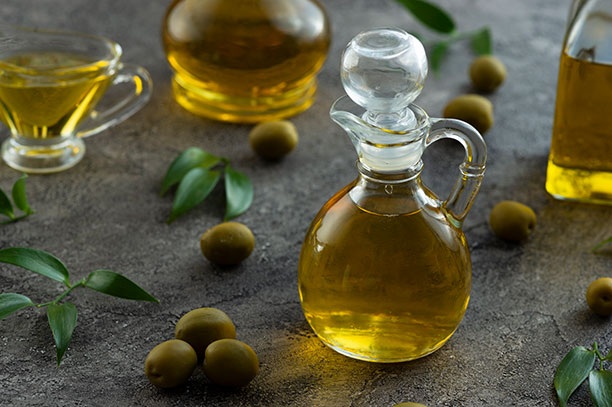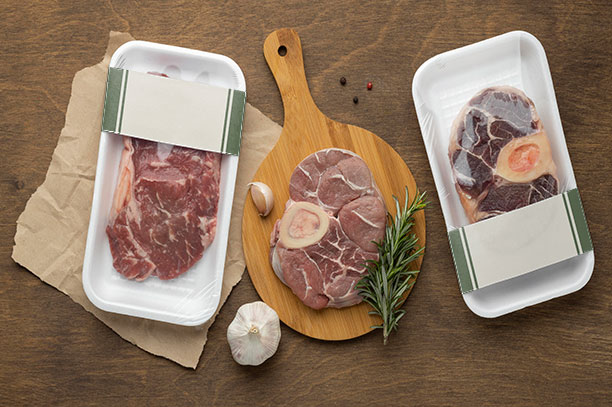We Boost Our Clients’ Bottom Line by Optimizing Their Growth Potential.
The purpose of the company is to promote a business that trades internationally with food, feed and natural stones The company is authorized to acquire, participate in, participate in, assume responsibility for, and represent, its own companies, establish subsidiaries in Dubai and abroad, and make all appropriate transactions for direct or indirect request. Indirectly the purpose of the company to do. This company, is head-quartered in DUBAI, specializes in supply chain management of agricultural commodities and industrial products such as Pulses, Oil Seeds & Edible Oils, Frozen Poultry & Meats, Dairy Products, Animal Feed Raw Materials , Staples, Dried Fruits, All Kinds of Jute Products, Packaging Materials and Special Crops and suppliers of wood and supplier of products required for Electrical Power Projects, Transmission Lines, over the years, has resulted in an impressive global network of suppliers in the industry and agricultural commodities we have been able to carve a niche as a reliable source of supply to the building and joinery industry in some countries


In the narrow sense of the terms, wood, forest, forestry and timber/lumber industry appear to point to different sectors, in the industrialized, internationalized world, there is a tendency toward huge integrated businesses that cover the complete spectrum from silviculture and forestry in private primary or secondary forests or plantations via the logging process up to wood processing and trading and transport (e.g. timber rafting, forest railways, logging roads). Processing and products differs especially with regard to the distinction between softwood and hardwood. While softwood primarily goes into the production of wood fuel and pulp and paper, hardwood is used mainly for furniture, floors, etc.. Both types can be of use for building and (residential) construction purposes (e.g. log houses, log cabins, timber framing).
A grain is a small, hard, dry seed – with or without an attached hull or fruit layer – harvested for human or animal consumption. A grain crop is a grain-producing plant. The two main types of commercial grain crops are cereals and legumes. After being harvested, dry grains are more durable than other staple foods, such as starchy fruits (plantains, breadfruit, etc.) and tubers (sweet potatoes, cassava, and more). This durability has made grains well suited to industrial agriculture, since they can be mechanically harvested, transported by rail or ship, stored for long periods in silos, and milled for flour or pressed for oil. Thus, the grain market is a major global commodity market that includes crops such as maize, rice, soybeans, wheat and other grains.


Cooking oil is plant, animal, or synthetic liquid fat used in frying, baking, and other types of cooking. It is also used in food preparation and flavoring not involving heat, such as salad dressings and bread dips, and may be called edible oil. Cooking oil is typically a liquid at room temperature, although some oils that contain saturated fat, such as coconut oil, palm oil and palm kernel oil are solid. There are a wide variety of cooking oils from plant sources such as olive oil, palm oil, soybean oil, canola oil (rapeseed oil), corn oil, peanut oil and other vegetable oils, as well as animal-based oils like butter and lard. Oil can be flavored with aromatic foodstuffs such as herbs, chilies or garlic. Cooking spray is an aerosol of cooking oil.
A power station, also referred to as a power plant and sometimes generating station or generating plant, is an industrial facility for the generation of electric power. Power stations are generally connected to an electrical grid. Many power stations contain one or more generators, a rotating machine that converts mechanical power into three-phase electric power. The relative motion between a magnetic field and a conductor creates an electric current. The energy source harnessed to turn the generator varies widely. Most power stations in the world burn fossil fuels such as coal, oil, and natural gas to generate electricity. Low-carbon power sources include nuclear power, and an increasing use of renewables such as solar, wind, geothermal, and hydroelectric.


Stone industry refers to the part of the primary sector of the economy, similar to the mining industry, but concerned with excavations of stones, in particular granite, marble, slate and sandstone. Other products of the industry include crushed stone and dimension stone. Stone industry is one of the oldest in the world. Creation of stone tools (microliths industry) in the region of South Africa has been dated to about 60,000–70,000 years ago. Granite and marble mining existing as far back as ancient Egypt. Crushed stone was used extensively by the first great road building civilizations, such as ancient Greece and ancient Rome.
The pharmaceutical industry discovers, develops, produces, and markets drugs or pharmaceutical drugs for use as medications to be administered to patients (or self-administered), with the aim to cure them, vaccinate them, or alleviate symptoms. Pharmaceutical companies may deal in generic or brand medications and medical devices. They are subject to a variety of laws and regulations that govern the patenting, testing, safety, efficacy using drug testing and marketing of drugs.


Freezing food preserves it from the time it is prepared to the time it is eaten. Since early times, farmers, fishermen, and trappers have preserved grains and produce in unheated buildings during the winter season. Freezing food slows decomposition by turning residual moisture into ice, inhibiting the growth of most bacterial species. In the food commodity industry, there are two processes: mechanical and cryogenic (or flash freezing). The freezing kinetics is important to preserve the food quality and texture. Quicker freezing generates smaller ice crystals and maintains cellular structure. Cryogenic freezing is the quickest freezing technology available due to the ultra low liquid nitrogen temperature −196 °C (−320 °F). Preserving food in domestic kitchens during modern times is achieved using household freezers. Accepted advice to householders was to freeze food on the day of purchase. An initiative by a supermarket group in 2012 (backed by the UK’s Waste & Resources Action Programmed) promotes the freezing of food “as soon as possible up to the product’s ‘use by’ date”. The Food Standards Agency was reported as supporting the change, provided the food had been stored correctly up to that time.

